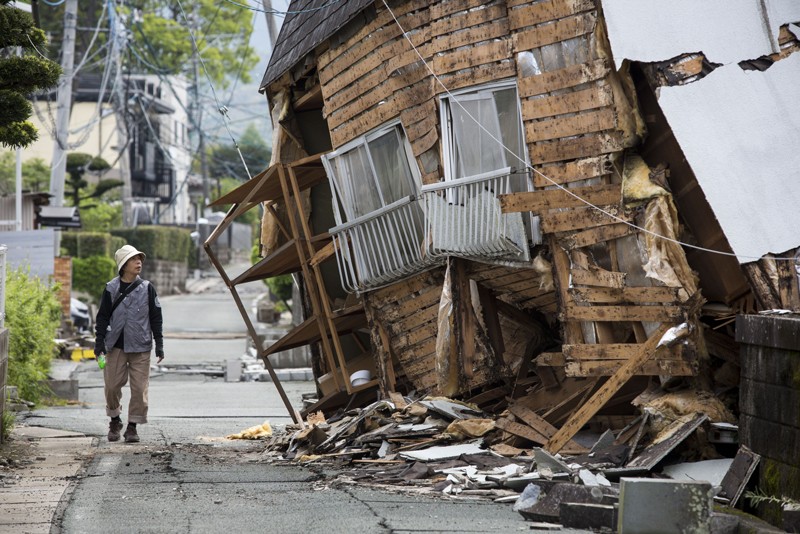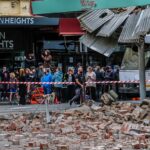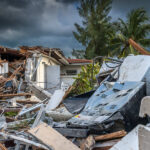The implications of “aftershocks” are the following:
● Structures which are not severely damaged during the main earthquake could now get damaged during one of the “aftershocks” – as they are getting continuously weakened by the earthquake and the “aftershocks”.
● While rescue teams are trying to search through the debris of fallen buildings/bridges etc for trapped people, an aftershock could destabilize the debris further, causing these rescue teams themselves to become a victim. Besides, increasing the list of victims, it has two other major impacts:
○ Loss of trained people and specialized equipments; which in turn means significant impediment to the speed of further rescue
○ Fear among rescue teams for their own lives – due to the possibility of an “aftershock” causes them to proceed with extreme caution; thus, they are not able to work to their fullest capability
○ In the May 2008 earthquake of Sichuan, about 200 relief workers died in mudslides triggered by aftershocks.
● People who have suffered during an earthquake are in psychological trauma. Each “aftershock” causes immense panic amongst them.


